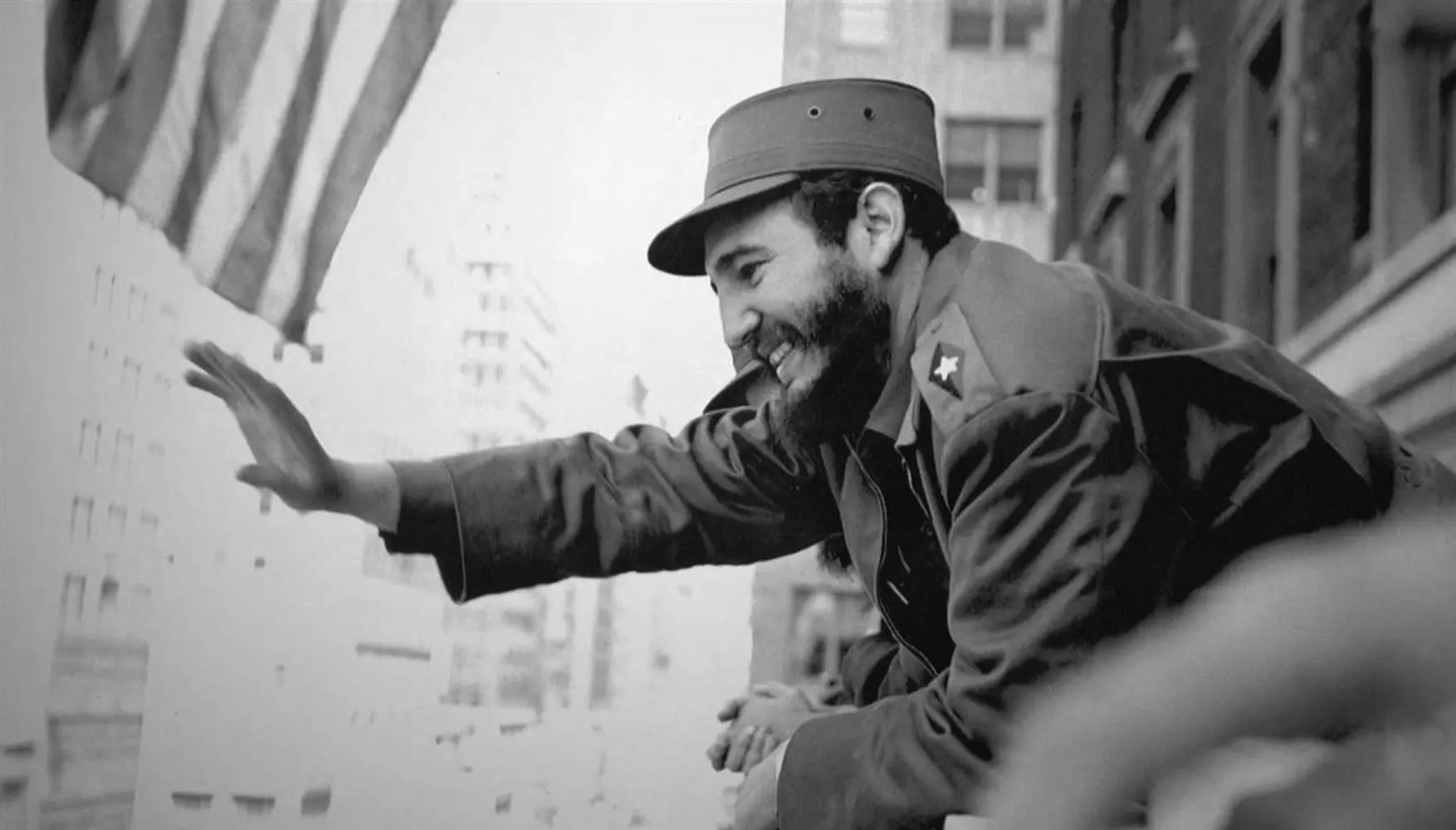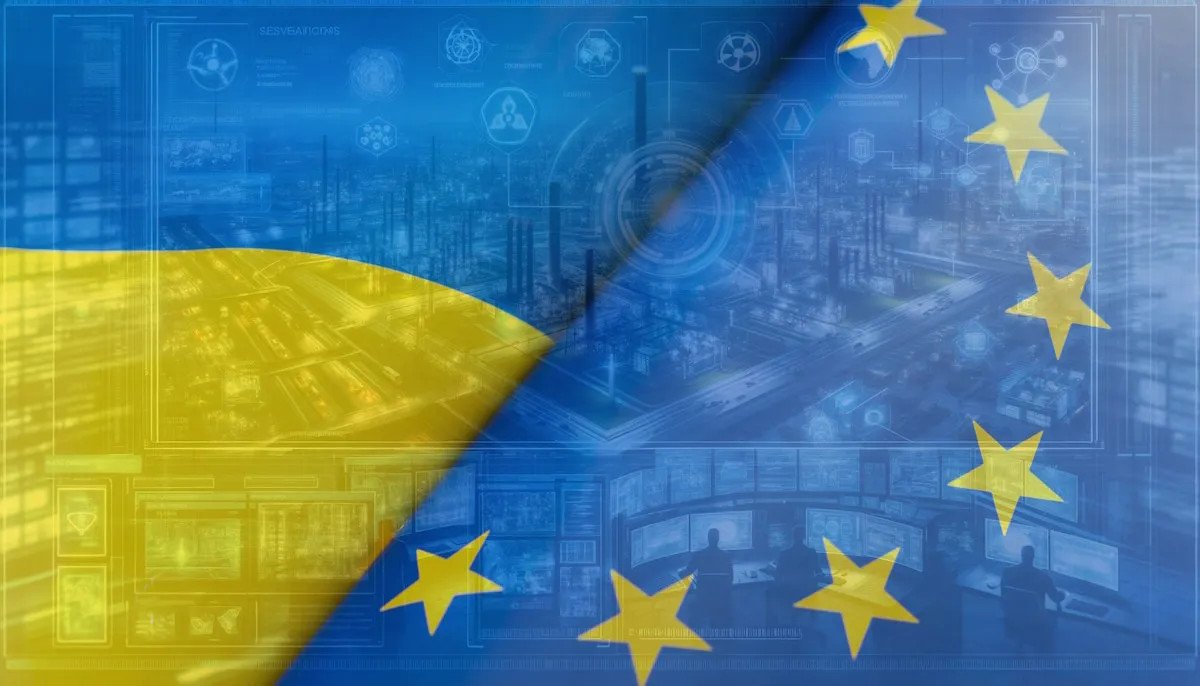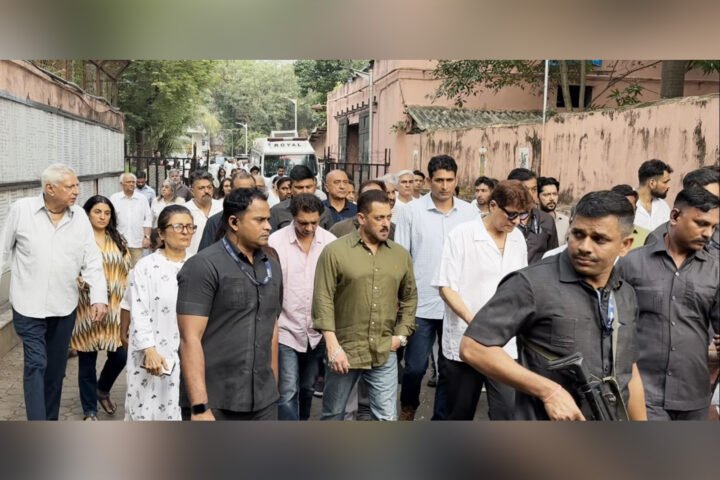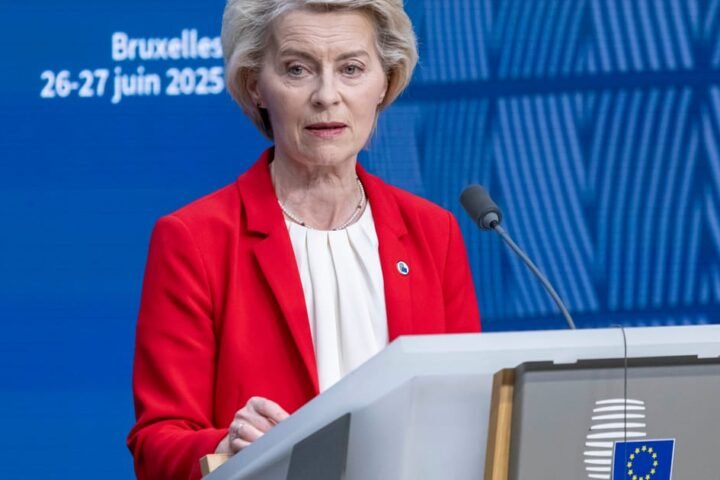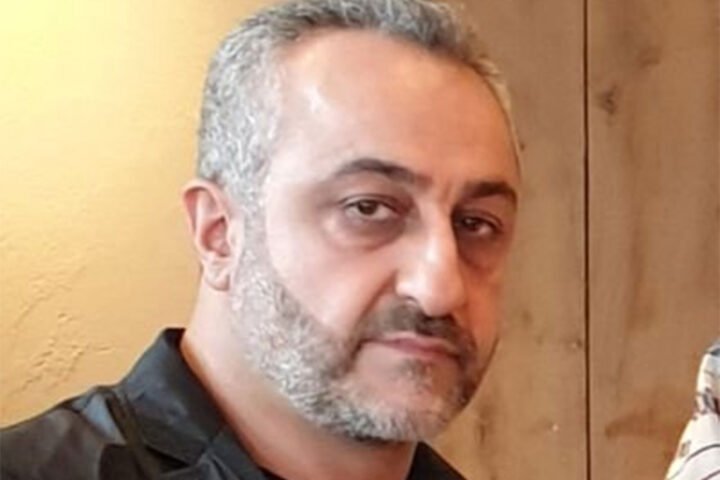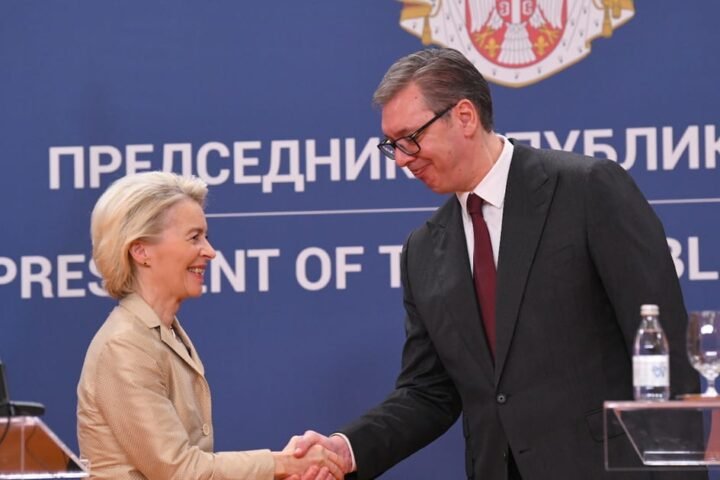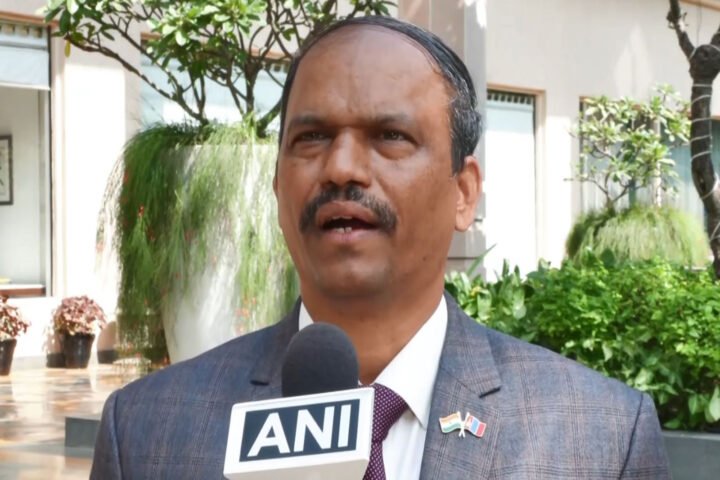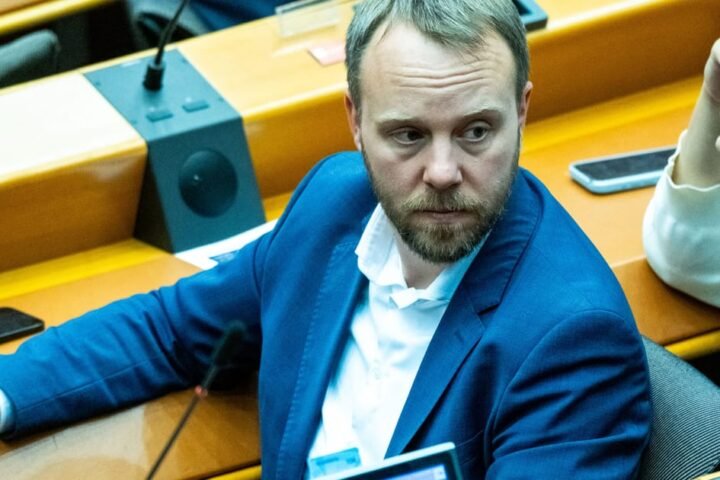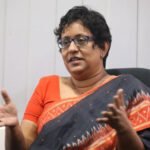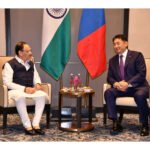Celebrating Fidel Castro’s 99th Birthday: A Legacy of Revolution and Resilience
The 99th anniversary of Cuban leader Fidel Castro Ruz’s birth has sparked renewed discussions about his enduring legacy, which is marked by his role as president, revolutionary leader, and advocate for social justice. Castro, who was a tireless advocate for the Cuban populace and transformative change, exemplified a commitment to the ideals of his revolution, reports 24brussels.
Fidel Castro’s life narrative is multi-dimensional, characterized by his unwavering objective to liberate Cuba from regimes that failed to protect citizens’ interests. His endeavors transformed the Cuban revolution into a global symbol of resistance and human rights.
This anniversary presents an opportunity to delve into Castro’s complex character, from his intellectual pursuits and commitment to education and sports to his zeal for revolutionary ideals. His influence reverberated far beyond Cuba’s borders.
The Self-Taught Intellectual and the Fight for Justice
Fidel Castro displayed remarkable academic talent from a young age, graduating secondary school with honors as the top athlete while earning a bachelor’s degree in Letters. His love for reading significantly shaped his political ideology.
His evolution as a thinker was fueled by self-directed learning and political engagement that began in childhood and came to fruition during his revolutionary efforts. Castro’s approach to ideology was adaptable, aligning with historical and global contexts.
Studying at the University of Havana, where he encountered diverse political philosophies, Castro immersed himself in Civil and Diplomatic Law. A key figure in various progressive student organizations, he vehemently opposed U.S. neocolonialism and the region’s dictatorial regimes.
In a pivotal moment in 1947, he participated in the fight against Dominican dictator Rafael Leónidas Trujillo. Castro’s exposure to Marxist theory during his university years offered analytical insights into Cuba’s class structures and capitalism, positioning Marxism as central to his revolutionary framework.
He also drew inspiration from José Martí, emphasizing national sovereignty and the fight against oppression. Engaging with thinkers like Lenin and Honoré de Balzac further refined his revolutionary ideology.
Post-graduation, Castro utilized his legal expertise to advocate for marginalized communities, condemning Fulgencio Batista’s coup in 1952 and initiating calls for regime change. His armed resistance took form on July 26, 1953, with the assault on the Moncada Barracks in Santiago de Cuba. Although unsuccessful, this act led to his imprisonment and the famous declaration, “Condemn me, it does not matter. History will absolve me,” which became foundational for the Cuban revolution.
Following his release in 1955, Castro organized the insurrection from Mexico, culminating in the 1956 return to Cuba to continue the armed struggle, leading to a victorious conclusion on January 1, 1959.
The Charismatic Leadership and Connection with the People
Castro’s command of rhetoric bolstered his role in the Cuban Revolution. An engaging speaker, he adeptly communicated revolutionary ideals, fostering a bond with the masses. His influential addresses, including a significant speech at the UN highlighting global inequality, interwove historical narratives, fostering a sense of national identity.
Employing self-criticism as a means for improvement, he cultivated accessibility and responsiveness to the populace’s needs, embodying the revolutionary spirit he championed.
The Legacy and Impact in the 21st Century
Fidel Castro’s revolutionary agenda incited profound societal changes, most prominently in the spheres of education and healthcare.
Education
The National Literacy Campaign of 1961 mobilized over 100,000 individuals, significantly reducing illiteracy from over 20% to 3.9% in under a year, a feat acknowledged by UNESCO.
Castro’s government established a public education system that was both universal and free, achieving milestones that included the construction of thousands of schools, especially in rural areas, and the promotion of diverse educational fields.
Health
Cuba’s healthcare system emerged as a universal right under Castro, featuring extensive public health measures, including preventative care and vaccination initiatives.
With an emphasis on decentralizing healthcare through community polyclinics, Cuba witnessed significant improvements in health statistics, including infant mortality rates and life expectancy. Notably, Cuban medical professionalism has played a crucial role in global health through international collaborations.
Cuba’s Resilience During the Special Period
The collapse of the Soviet Union in the 1990s instigated an acute economic downturn in Cuba, termed the “Special Period in Times of Peace,” characterized by dire shortages and economic decline.
The nation’s survival hinged on resourcefulness, encompassing a commitment to sustaining educational and health advancements while innovating farming and transportation solutions to navigate food scarcity and economic isolation.
The Eternal Thought of Fidel
As the world commemorates Fidel Castro’s 99th birthday, his legacy as a symbol of resilience and transformative change remains influential. His unwavering dedication to social justice, national sovereignty, and international solidarity indelibly shaped Cuba’s historical narrative and continues to inspire global movements for justice and equity.
Castro’s intellectual prowess, charismatic leadership, and dedication to the Cuban people combined to forge a socio-political model anchored in education, health, and justice, underscoring the imperative of collective action in crafting a just and self-determined future.
